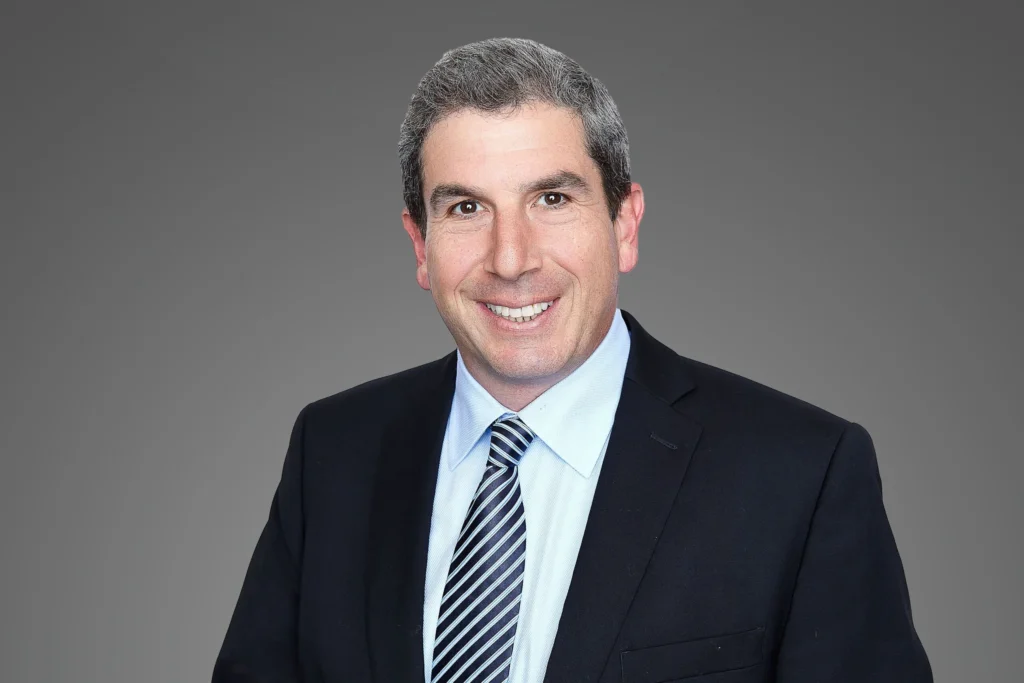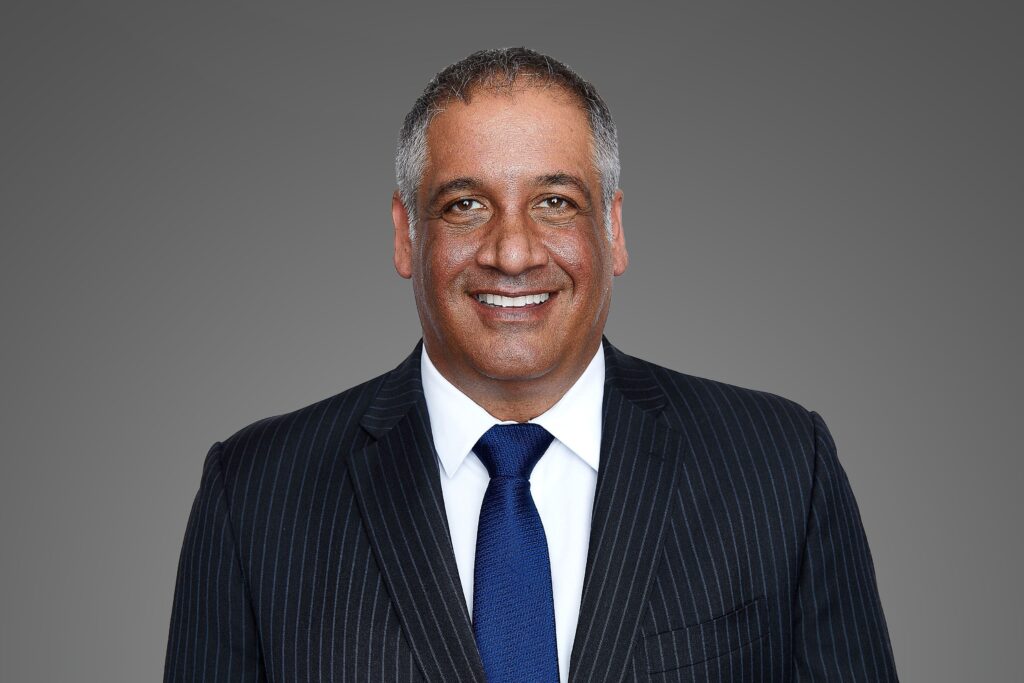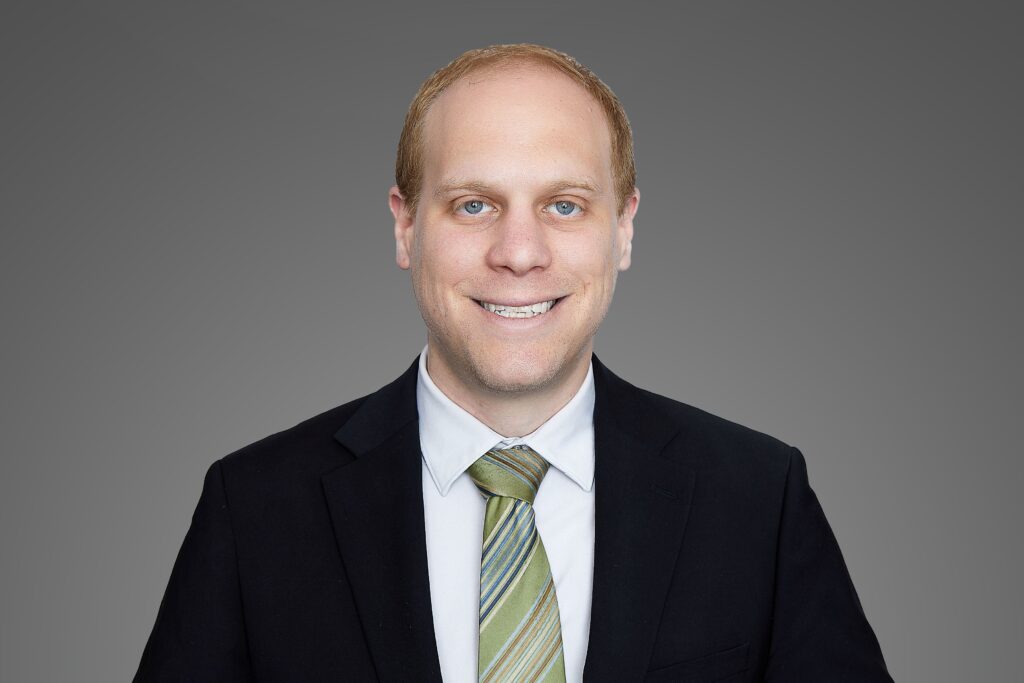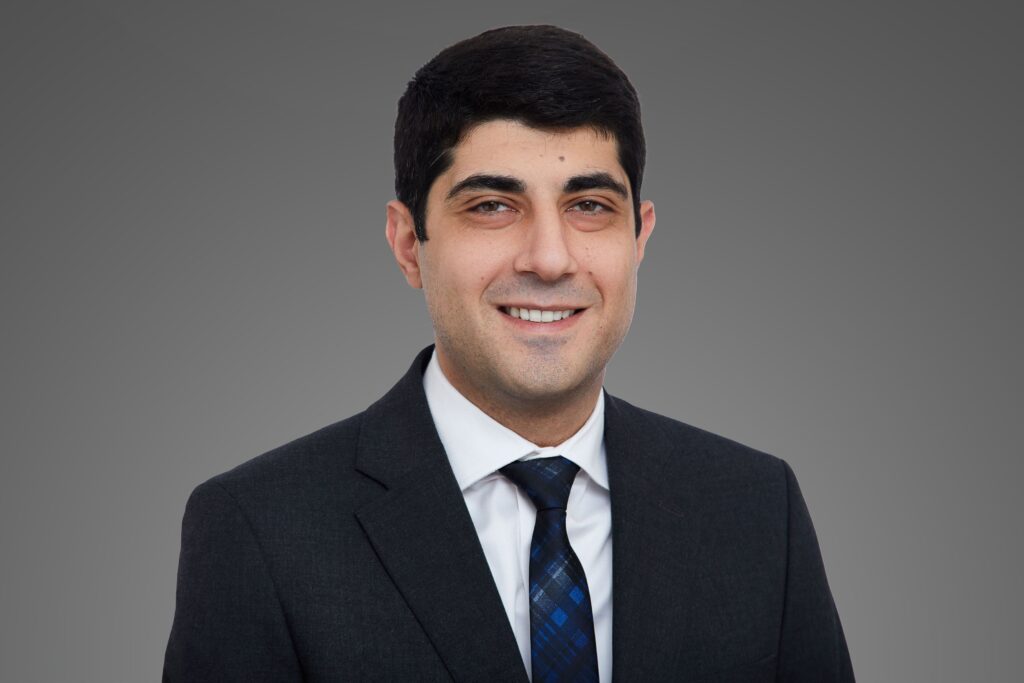When your insurer refuses to accept your claim after conducting an improper investigation on your property, it’s only right to sue them for bad faith. But while bad faith claims are usually contract damages, you may also get compensation for tort damages, such as emotional distress and economic losses. Here’s what you need to know about tort damages in Los Angeles and when you should file for it.
Your Responsibility as a Policyholder
Bad faith laws vary from state to state, but no matter where bad faith occurred, the policyholder is often asked to prove two things, according to legal information website FindLaw: that the insurance claim was withheld and that the reason behind it was unreasonable. You should have documentation regarding your insurance claim and papers or history pointing to how it was denied.
Work with a bad faith insurance lawyer to reinforce your claim that your insurance provider misinterpreted facts about your policy, failed to investigate according to set standards, was unable to respond to your claim within a reasonable time, or failed to give a proper explanation on why your claim was denied.
What the Research Says
A recent study called “Does the Threat of Insurer Liability for ‘Bad Faith’ Affect Insurance Settlements” showed that bad faith claims filed as tort yielded higher settlement amounts and reduced the likelihood of a claim being underpaid compared to non-tort cases. It found that the first time a court allowed the application of tort liability was in 1973, as part of the case Gruenberg v. Aetna Insurance Company. The California Supreme Court ruled that third-party claims and first-party claims are “two aspects of the same duty.”
From here, states who implemented tort liability soared through the early 70s and stagnated in the early 90s. Only a few places like New York, Virginia, and Minnesota haven’t applied bad faith tort yet.
The review, published in The Journal of Risk and Insurance 2014, analyzed automobile insurance claims for accidents in the U.S. from 1972 to 1997. It compared settlements before and after selected states like California enforced tort-based bad faith regimes. The results after tort-based regimes were enacted were significantly positive, according to the researchers. The percentage of claims settled under bad faith tort rose from just under 20% in 1973 to around 80% in 1997, according to the paper’s figures.
The researchers showed that being able to sue for tort damages gave policyholders more power when they’re going against large insurance corporations. It’s a viable option for the insured to take to get proper compensation from the damages caused by the denial of their insurance claim.
Should You Sue for Tort Damages?
If you’ve lost income from not getting treatment on time because of claim denial, sue for tort damages on top of your bad faith claim. However, you’ll need an experienced lawyer in Los Angeles to help you get the compensation you deserve.
Haffner Lawyers has experience in insurance negotiations and filing bad faith claims. We help clients recover bad faith damages like economic losses and emotional distress. We’re ready to work tirelessly to give you the value you’re owed according to the law.
Call 1-844-HAFFNER or 213-514-5861 now to get legal representation.
(This is an attorney advertisement by Joshua Haffner)









